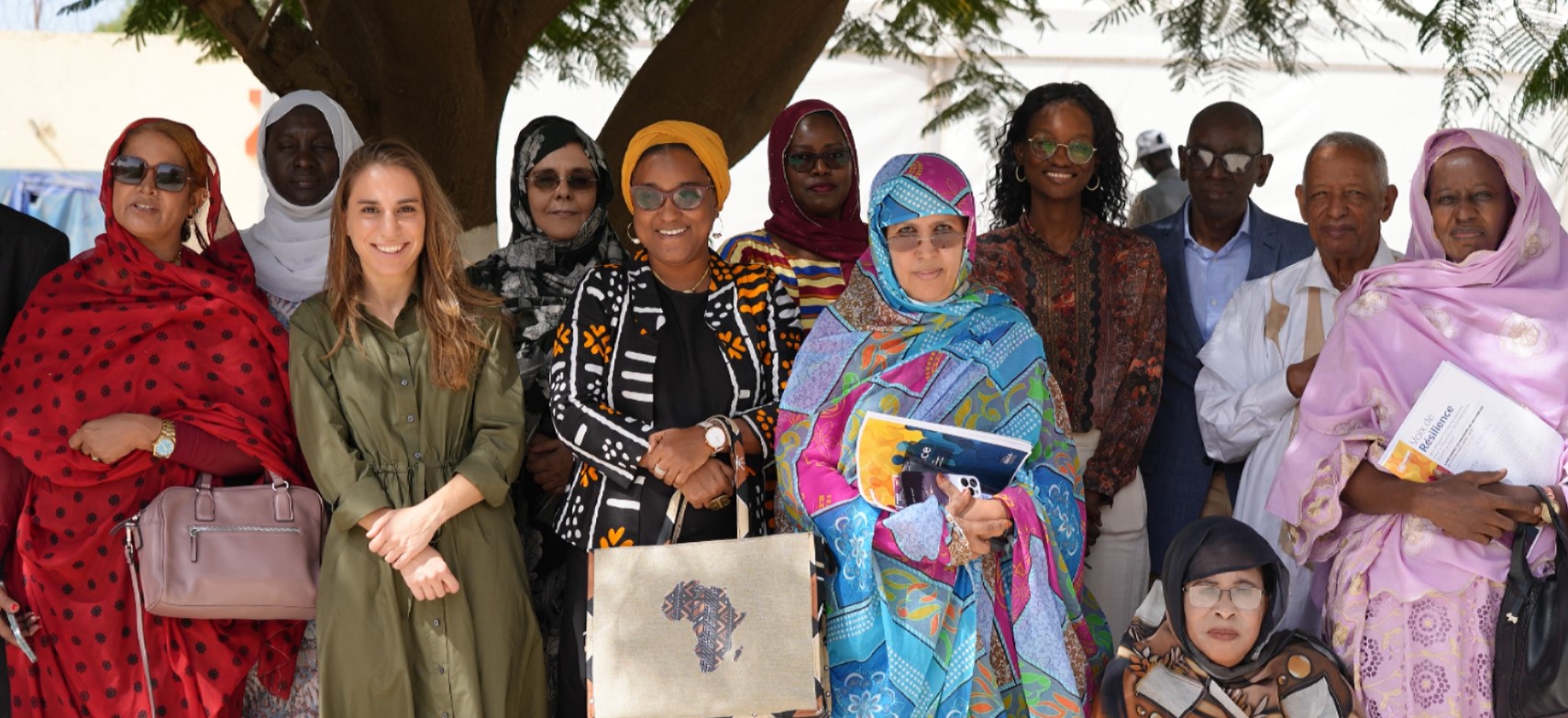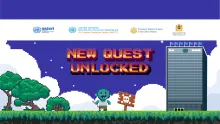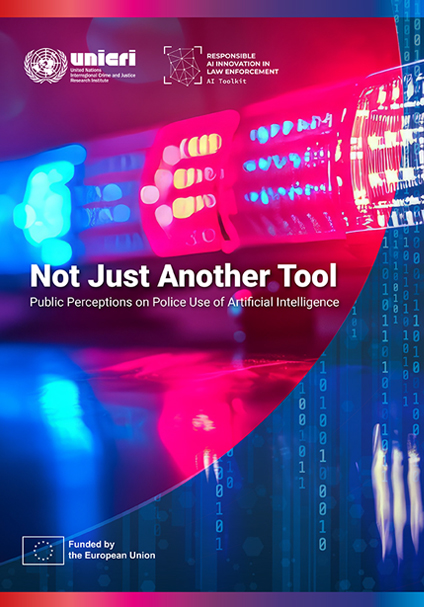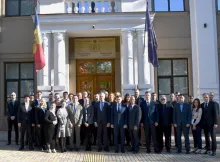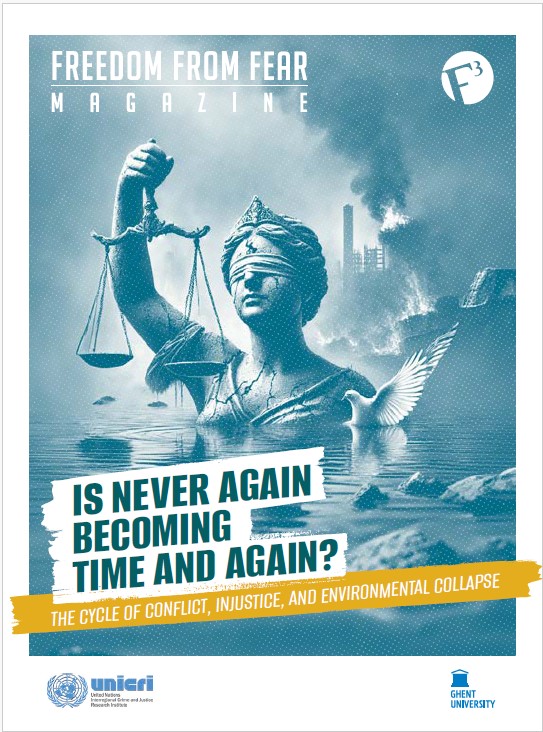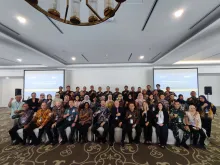Deadline for application: 25 May 2026
Globally, cultural heritage faces an increasing threat of destruction, not only due to the natural process of decay, but also due to political, security and social factors. Wars, political instability and economic recessions pose significant challenges to the protection and conservation of cultural heritage, together with the looting and trafficking by single enterprises or organised criminal groups. Over the years, the number of international crimes related to the looting and trafficking of cultural heritage property has significantly grown. Moreover, their links to international criminal activity, including the use of assets to finance terrorist activities, are becoming more evident year by year. The correlation between the illicit trade of cultural artifacts and terrorism poses an additional multifaceted threat to peace, security, and cultural diversity worldwide. The magnitude and gravity of these new dangers calls for the entire international community to take an urgent and firm stance for the protection of cultural heritage.
The protection of cultural heritage is one of the targets of Goal 11 of the United Nations Sustainable Development Agenda through which countries have pledged to “make cities and human settlements inclusive, safe, resilient and sustainable.” In particular, Target 11.4 aims to “strengthen efforts to protect and safeguard the world’s cultural and natural heritage.”
As the United Nations Research and Training Institute mandated to crime prevention and criminal justice administration, UNICRI supports target 4 of the Goal 11 to detect, investigate and recover assets from the illegal trafficking of cultural heritage. “This issue is not just about the illegal trade of artifacts; it is a direct attack on our shared human heritage and the values that bind us together as a global community,” said UNICRI Acting Director Leif Villadsen during the unveiling of the new report Cultural Heritage Smuggling and the Nexus with Terrorism, in June 2024. The report sheds light on the interconnections between criminal trades of cultural heritage and terrorism financing and provides an understanding of the obstacles of investigating such crimes and the importance of collective efforts.
The 6th edition of the Specialised Course on Cultural Heritage, Crime and Security – Protecting our Past to Invest in our Future, will be delivered online from 8 to 12 June 2026 by the United Nations Interregional Crime and Justice Research Institute (UNICRI) and The American University of Rome (AUR). The course will provide participants with a fundamental understanding of heritage crime and how heritage organisations, law enforcement bodies and judicial systems are responding.
The course curriculum includes the following topics:
- Legal frameworks for the protection of cultural property
- Conflict and decolonisation – the legacy of empires
- Understanding criminal trafficking networks and countering looting
- The link between organised crime and terrorism: cultural property as a tool and funding source
- Armed conflict and the role of the military in protecting cultural heritage
- Protecting museums and heritage sites
- Understanding the psychology and motives of looters, traffickers and dealers and Other Supply Chain Actors
- Operational and law enforcement approaches to preventing and countering illicit trafficking of cultural property
- Protecting Cultural Heritage at War: a study case
The Specialised Course offers professional, legal, social, scientific, and academic perspectives through live webinars, group discussions, dynamic case studies, individual readings, and practical exercises. The faculty is composed of leading scholars and academics from AUR and other universities, as well as international legal experts from the United Nations system, international and non-governmental organisations, and civil society.
Through a dedicated online platform, participants will have the opportunity to interact with internationally recognised experts and peers from all over the world and build lasting professional knowledge. This experience aims to foster intercultural dialogue and to promote a deeper understanding of the most important and emerging issues faced by the international community in relation to cultural heritage, crime, and security.
Key information
| Dates | 8-12 June 2026 |
| Venue | Online |
| Application deadline | 25 May 2026 |
| Confirmation of acceptance | Within 1 week following submission of the application |
| Payment deadline | Within 1 week following confirmation of acceptance |
| Contacts | unicri.courses@un.org (please indicate “Cultural Heritage” in the subject of the email). (+39) 06 6789.907 |
1. Entry Requirements
The course, organised by the United Nations Interregional Crime and Justice Research Institute (UNICRI) and The American University of Rome (AUR), is designed for university graduates in Law, Political Science, International Relations, Economics, Social Science, Cultural Heritage, Museum Studies, Archaeology, and other relevant disciplines. It is also suitable for professionals working in governmental institutions, local authorities, international and non-governmental organisations, museums, heritage sites and cultural institutions seeking to deepen their understanding of the most salient issues faced by the international community in relation to cultural heritage, crime, and security.
Candidates must meet the following minimum requirements:
Applications from students expecting to graduate at the end of the 2025/26 academic year will also be considered.
2. Course Methodology
This course adopts an online learning model, allowing participants to attend interactive online classes through their own devices. This format enables direct interaction with internationally recognised experts and peers from around the world, fostering the creation of a global professional network. The program combines live training sessions in our virtual classroom, led by subject matter experts, with self-paced activities and interactive group discussions.
The live training sessions are conducted on a dedicated online platform. Participants need a computer (recommended) or a mobile device with audio and video capabilities, a headset with a microphone, and a reliable internet connection. We recommend accessing audio through the computer for the best experience; no special software is required. Upon acceptance to the course, participants will be provided with the necessary information to access the platform.
The live training sessions are scheduled from 2:00 pm to 6:00 pm Rome time (8:00 am to 12:00 pm New York time), from Monday to Friday. Please note that absences resulting from inadequate planning will not be considered justified. Participants who do not complete the online course will not be entitled to the certificate award, nor will they be eligible for refunds or reductions in the registration fee.
3. Certificate of Participation
Upon successful completion of the entire Specialised Course programme, participants will be awarded a certificate of participation jointly issued by the United Nations and The American University of Rome. The Organizers reserve the right to take into account duly justified and exceptional reasons for absences when determining eligibility for the certificate.
4. How to Apply
Application Procedure
- Online application via INDICO platform (UN):
Applicants are required to register on the INDICO platform of the United Nations and submit their application exclusively through the online system. PLEASE CLICK HERE. - Required documents:
During the application process, candidates will be required to:- upload a recent photograph (which can be taken directly through the platform using the website tools)
- upload a scanned copy of a valid passport or another valid identification document.
- Application deadline:
Applications must be completed and submitted through the INDICO platform by 25 May 2026. The selection is carried out on a rolling basis.
5. Selection and Acceptance
- Confirmation of acceptance:
The outcome of the selection process will be communicated to applicants via e-mail within one week following submission of the application. - Acceptance of the application:
Once the application has been reviewed and accepted, it will be formally registered in the system. - Enrollment of the candidate:
The candidate’s enrollment will be finalised only upon receipt of full payment (see sections #6, #7 and #8)
6. Registration Fee
Registration fee amounts to 800 Euro.
Registration fee includes:
7. Payment
- Payment deadline:
Upon approval of the application, the full payment must be completed within one week. - Payment procedure:
Once your application has been approved, detailed payment instructions and the relevant bank details will be provided. Please note that payment may be made by bank transfer or credit card only. - Proof of payment:
A copy of the payment receipt must be sent by e-mail to the following addresses:
8. Refund and Cancellation Policy
In the event of cancellation for any reason, the registration fee will not be refunded.

